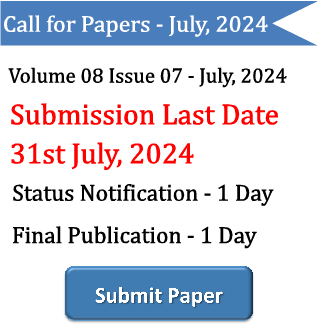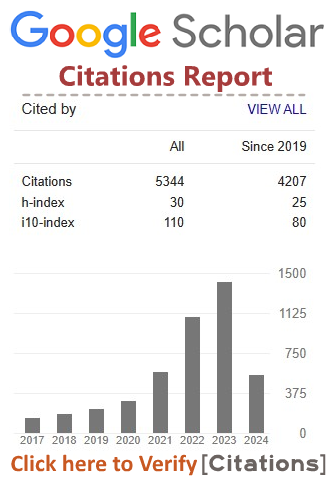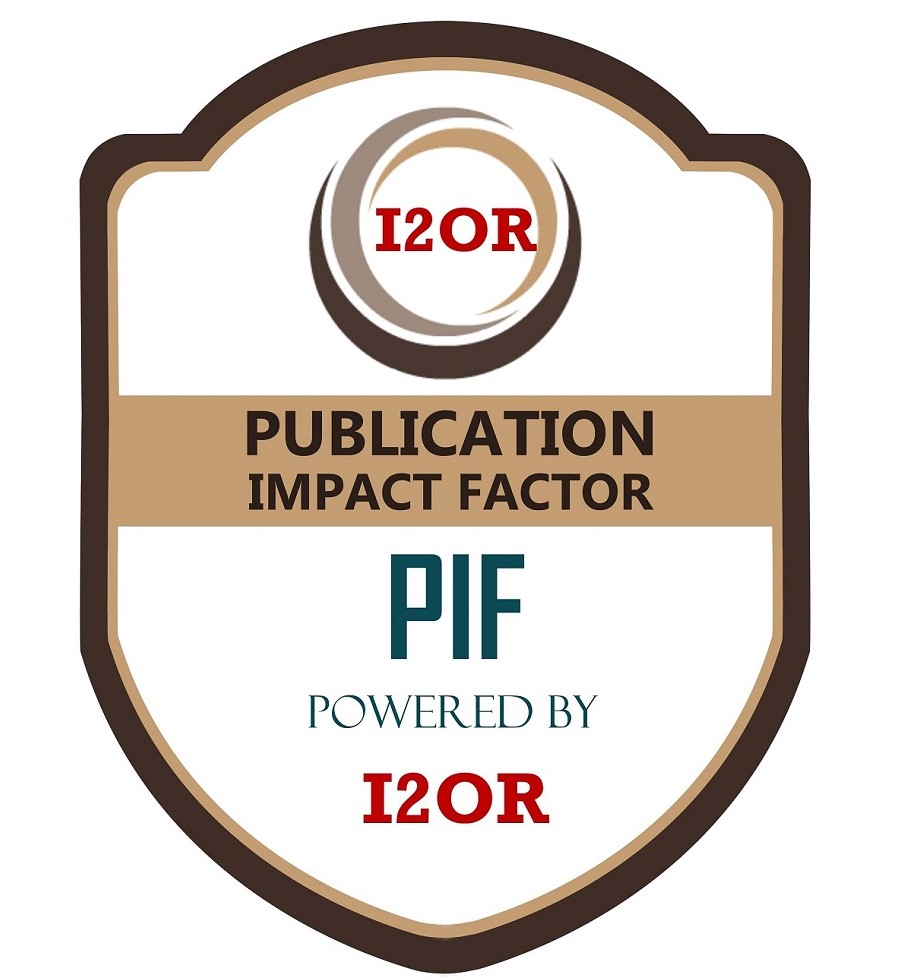- Version
- Download 100
- File Size 496.54 KB
- File Count 1
- Create Date 10/02/2024
- Last Updated 10/02/2024
Artificial Intelligence in Sustainable Tourism and Its Impact on Economic Development of a Country Like India
Lakshay Agarwal
MBA + GMP Cardiff (Dual Degree) – Finance (Core)
Universal Business School, Karjat, India
Lakshay.agarwal@ubs.org.in
Pranita Kabbur
MBA + GMP Cardiff (Dual Degree) - Marketing and Business Analytics (Minor)
Universal Business School, Karjat, India
Pranita.kabbur@ubs.org.in
Muhammed Shafi AK
MBA + GMP Cardiff (Dual Degree) – Finance (Core)
Universal Business School, Karjat, India
muhammed.shafi@ubs.org.in
Prajesh Bahl
MBA + GMP Cardiff (Dual Degree) - Marketing and Human Resources (Minor)
Universal Business School, Karjat, India
Prajesh.bahl@ubs.org.in
I. Introduction
A. Background
1. Overview of Tourism Industry Growth in India: Tourism in India has seen phenomenal growth in recent years, appearing as a significant contributor to the national economy. In 2022, India ranked at the 35th position in the World Travel and Tourism Council (WTTC) Travel & Tourism 2023 Economic Impact Report, contributing 8.6% to the national GDP and generating eighty-two million jobs. This trajectory is expected to continue, with WTTC forecasting India to climb to the 24th position by 2032, highlighting the industry's ongoing economic vitality.
2. Introduction to AI and its Capabilities: Artificial intelligence (AI) encompasses a range of technologies, including machine learning, natural language processing, and computer vision, enabling machines to learn from data and perform tasks typically requiring human intelligence. These capabilities can be harnessed for diverse applications, including data analysis, pattern recognition, and robotic automation, opening doors for innovative solutions across various sectors.
3. Brief on Principles of Sustainable Tourism: Sustainable tourism focuses on minimizing the negative environmental, social, and cultural impacts of tourism activities. It advocates for responsible resource management, community engagement, and cultural preservation, aiming to ensure the long-term viability of tourism destinations and the well-being of local communities.
B. Research Problem
1. Gaps in Adoption of Sustainable Practices in Indian Tourism:
Despite the growing awareness of sustainable tourism principles, significant gaps exist in their practical implementation within the Indian tourism industry. Challenges include infrastructure limitations, inadequate waste management systems, overtourism in popular destinations, and insufficient community involvement. These shortcomings need the exploration of innovative solutions to bridge the gap between rhetoric and reality in achieving sustainable tourism practices.
2. Need for Innovative Solutions like AI to Make Tourism Sustainable:
AI presents a promising avenue for addressing the current challenges in Indian sustainable tourism. Its ability to analyse complex data, predict tourist Behavior, and optimize resource allocation can be used to develop effective solutions. The potential applications of AI range from resource management optimization to responsible tourism promotion, offering unique opportunities to foster a more sustainable tourism sector in India.
3. AI: A Bridge to Sustainable Tourism:
Data-Driven Solutions: AI's ability to analyse vast data sets on tourist Behavior, resource consumption, and environmental impact can pinpoint areas for improvement and inform strategies for sustainable development.
Resource Optimization: AI can optimize energy and water usage in hotels and resorts, minimize waste generation, and even predict peak tourist seasons to inform efficient infrastructure planning.
Personalized Experiences: AI-powered chatbots and virtual assistants can guide tourists towards eco-friendly attractions, promote responsible travel practices, and enhance their overall experience.
C. Objectives
1. Assess Current State of Indian Tourism Industry: This initial stage will involve a comprehensive study of the Indian tourism industry, analysing its economic contribution, infrastructure capabilities, environmental impact, and social implications. By examining existing trends and challenges, we can set up a baseline for further research and identify areas where AI interventions can be most impactful.
2. Analyse Applications of AI in Sustainable Tourism Globally and in India: This segment will involve a global review of existing AI applications in sustainable tourism, delving into successful case studies and finding best practices relevant to the Indian context. Additionally, an exploratory analysis of existing AI initiatives within the Indian tourism sector will be conducted to map the current landscape and potential for future development.
3. Evaluate Impact of AI-enabled Sustainable Tourism on India's Economic Growth: This objective will involve modelling the potential economic impact of integrating AI into India's sustainable tourism strategy. By analysing the potential cost savings, operational efficiencies, and enhanced tourist experiences driven by AI, we can quantify the anticipated economic benefits and assess the potential for scaling-up AI solutions.
D. Significance of Research
1. Contribute Insights on an Emerging Area of AI Application: This research will delve into a nascent area of AI application, generating valuable insights and knowledge on the potential of AI in fostering sustainable tourism practices. These findings can contribute to the ongoing discourse on responsible tourism development and provide a roadmap for future research endeavours.
2. Inform Policies and Strategies for Stakeholders in AI and Tourism: The research outcome will offer practical recommendations and evidence-based insights for policymakers and stakeholders within both the AI and tourism sectors in India. This can guide the development of effective policies and strategies for adopting AI solutions that promote sustainable tourism practices and maximize economic benefits.







